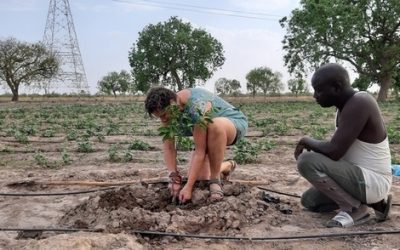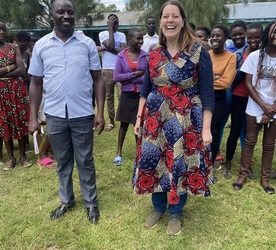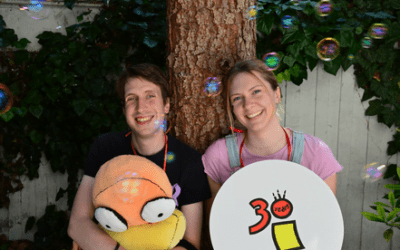EPM
My experience at the EPM 2022!
Other SCI experience
Written by Grisel Noëlla from France
What is the EPM?
The Exchange Platform meeting takes place every year before the ICM. It is the place where branches, partners and contacts can meet in person to exchange and discuss different topics. The aim is to establish a common action plan for the future. This meeting always takes place before the International Committee Meeting (ICM), which is the General Assembly of the ICS, held twice a year, once in June and once in December. The purpose is to review the past year and to vote on the resolutions that have been developed during the discussions and exchanges at the ICM. The decisions taken and voted during the ICM will be implemented in the new year.
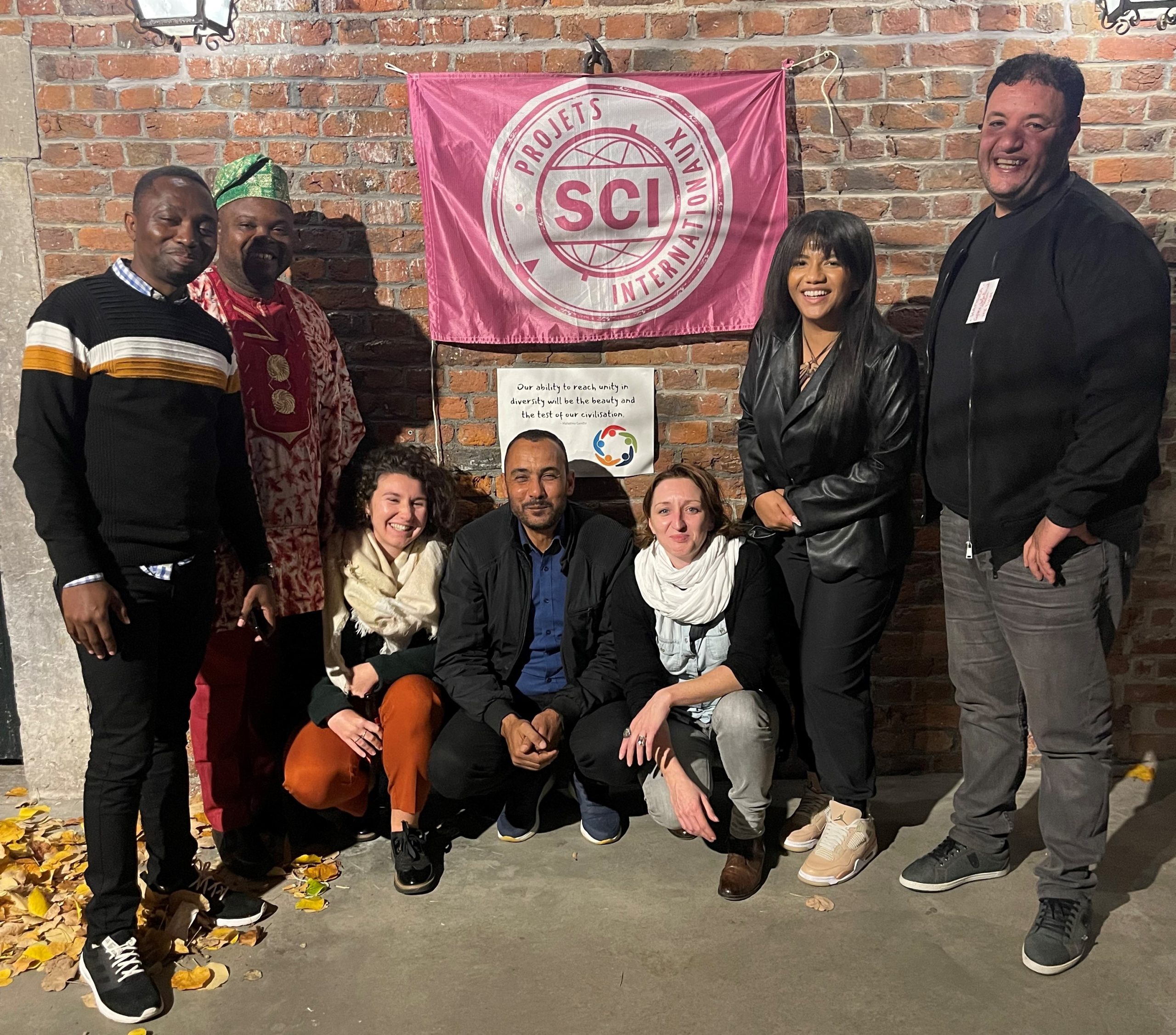
My experience at the EPM
I would like to share with you how I felt and perceived my first EPM. To start with, I am a new office volunteer at the International Secretariat in Antwerp. Before I went to this meeting, I didn’t know what to expect, I was a little apprehensive, will I fit in? Will the topics be interesting? Will I manage to understand everything and get involved in the exchanges and discussions in order to share my ideas? So many questions were running through my mind.
On arrival, we were about sixty people gathered in an old farmhouse located in Braives, a small town in the west of Belgium. I quickly recognized familiar faces of people I had met during a previous training in Poland, at the very beginning of my volunteering. It is important to mention that we had already had two online meetings with the people who would be participating in the EPM a few weeks earlier. So very quickly I recognized some of the faces I had seen behind their screens. It was unbelievable for me who had just travelled 2 or 3 hours by train to get here to imagine that some people had crossed the globe from Malaysia, Kenya, Bangladesh, or Iceland. Very quickly I discovered an incredible diversity, so many different cultures, countries, and beliefs.
The main theme of this seminar was “volunteering as a tool for inclusion”, the sessions started to take place during the first days, and I discovered dynamic, enriching workshops flourishing with interactions between each other based on non-formal education. Learning and working without constraint by deconstructing the principles of the dominant/dominated vertical relationship, where everyone has their place and is considered on an equal footing. Volunteers, employees, managers, branches, partners, older people, younger people, men, women, whites, blacks, Asians, people with a lot of experience, people with no idea what they were doing here, such a mix made up our group that the very idea of living in a better world made sense.
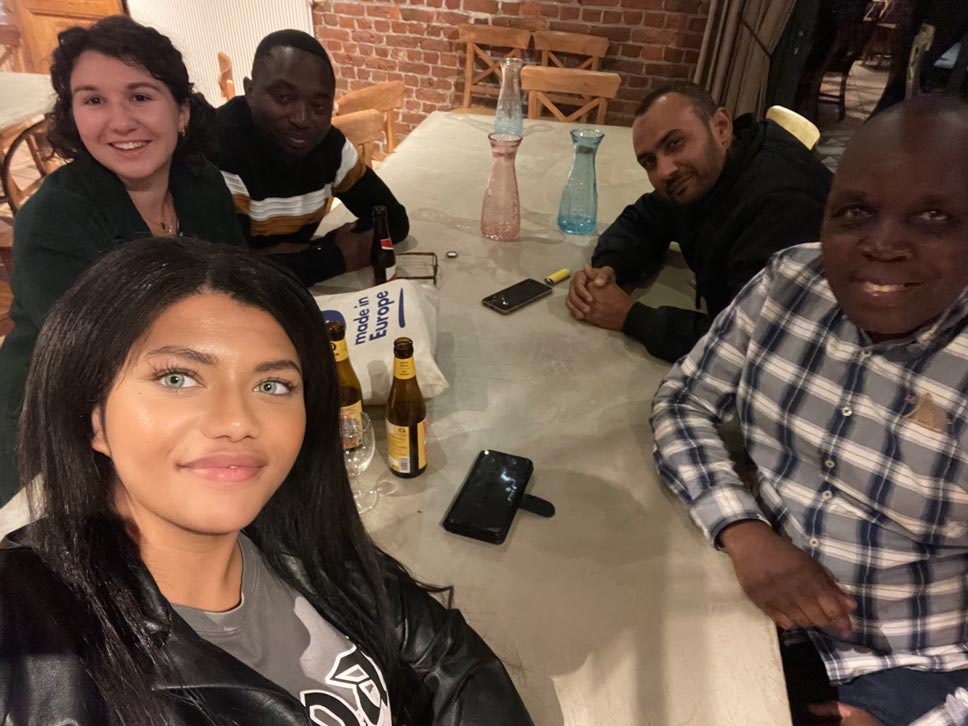
We all have stereotypes in our heads, preconceived ideas about people, about countries that are unconscious and that we don’t necessarily control. And even if they are hard to abolish, they persist in some way in the common imagination. During this week, I met Nigerians and a Kenyan whose main language is English, as well as a Togolese and a Beninese whose main language is French, and although they belong to the same continent and this geographical and cultural proximity leads to a certain number of common points, the language barrier made them seem like strangers to each other, making it difficult to work together, to establish cooperation within Africa itself between their countries. This has gradually brought back a colonial past that we tend to forget. History shapes what the inhabitants of these countries are today, particularly through the language they speak. We therefore wondered about the question of the “decolonization of volunteering”. Indeed, when volunteers go to Africa to do voluntary work, there is always this notion of wanting to go and HELP these people, these countries, and although the verb “to help” is often perceived as positive, in this case its connotation can very quickly have a deeply negative impact. It is a way of maintaining a new form of colonialism and of considering a certain superiority of the countries of the global north over the countries of the global south. With the idea that Europeans are going to save “the little Africans”. It is important to realize that volunteering is a sharing of cultures, an exchange of know-how and a joint participation in a common project where everyone learns from each other. It is above all in this sense that SCI tries to act and to deconstruct these forms of stereotypes, it was all the more interesting to have African or Asian partners who have this vision of the field that we do not have. Other discussions about volunteering in orphanages in these countries raised important ethical questions which, even with all possible benevolence, are difficult to answer.
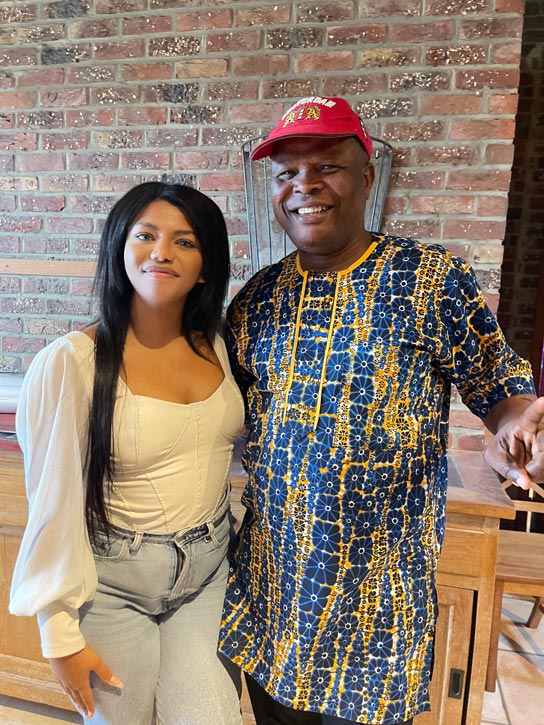
What do I take away from the EPM?
Each session unconsciously invited me to reflect more deeply on the world, on what makes it up, on what surrounds me, on the position I wanted to adopt in the face of this and on the way, I could act for it. A reflection that I was able to support throughout the week with the discussions, the debates that we had outside the sessions, often until very late at night, my sleep cycle still remembers it! It was a very intense week, even though we had our personal stuff and phones close by, I felt cut off from the world (the remote location was a factor too), but really, I was disconnected from my daily life, from what I knew, and I was just open to receive and reflect on whatever was brought to me. We had the same routine every day, I saw and lived with the same people and yet every day was a new day where I discovered and got to know another person, I regret not having had the time to really exchange with everyone because life and everyone’s experiences give rise to a confrontation of ideas and thoughts that allowed me to see and understand things and the world differently.
My only wish today is to participate and to see the outcome of concrete things on all the subjects and the incredible discussions that we had and especially to have the opportunity to relive this kind of moment.
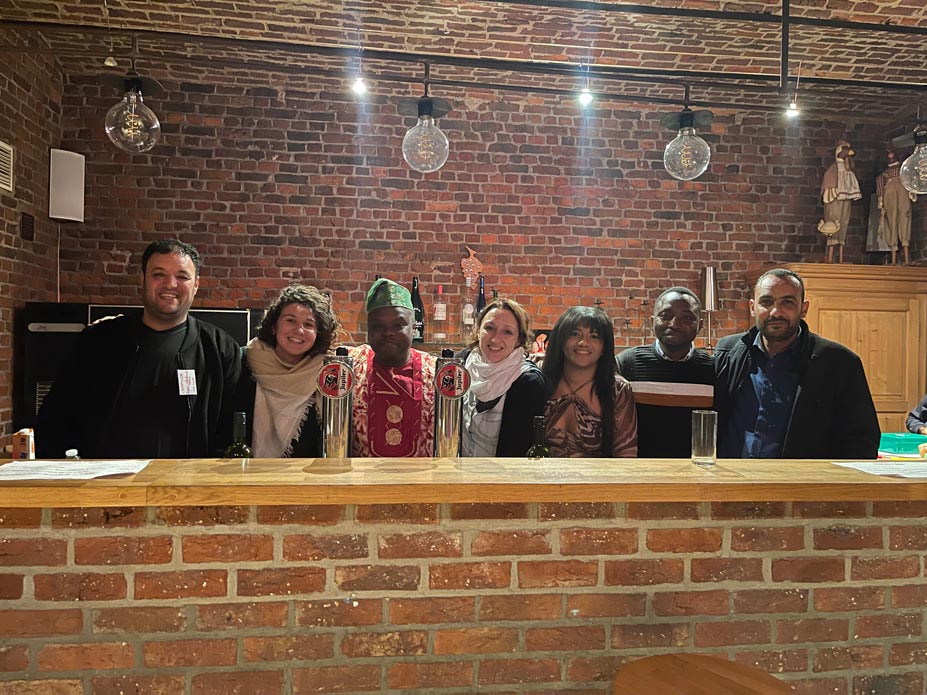
You can still join!
Want to have your own volunteer experience for peace?
Read more Voices of Volunteers

